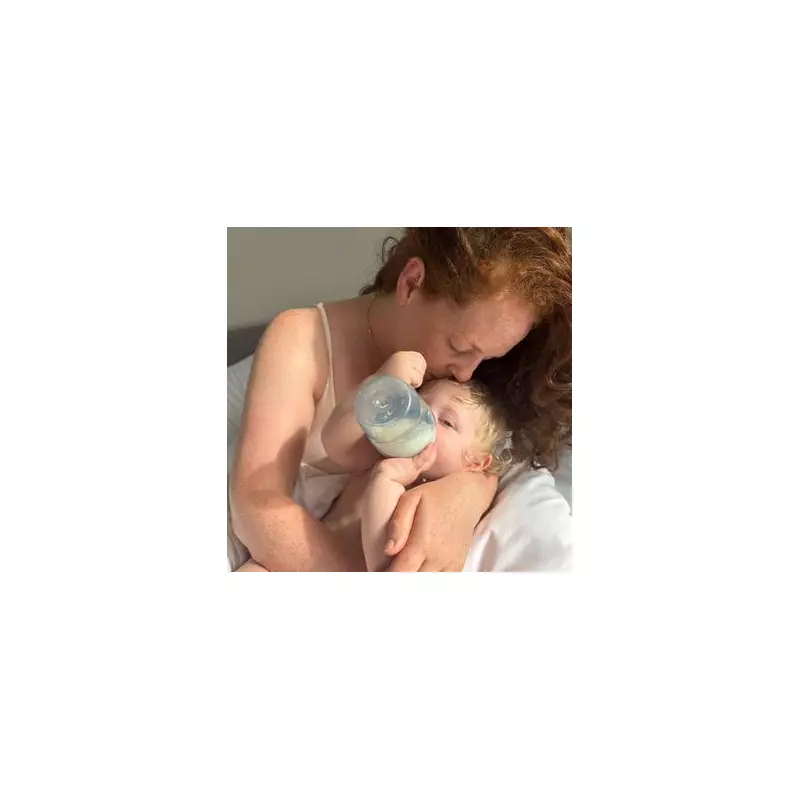
Every new mother expects a certain level of discomfort, but for one woman, what she wrote off as a common breastfeeding issue turned out to be a life-altering diagnosis. A young mum is now sharing her harrowing story to warn others after a painful lump she believed was a blocked milk duct was revealed to be an aggressive form of breast cancer.
The woman, who has chosen to remain anonymous, noticed the abnormality while breastfeeding her baby. Like many, she assumed it was a routine complication of motherhood. "I thought it was a blocked duct," she explained, a assumption that tragically delayed her seeking immediate medical help.
A Devastating Diagnosis
When the pain and lump persisted beyond what seemed normal, her concern grew. After finally visiting her GP, she was referred for further tests. The results were devastating: she was diagnosed with triple negative breast cancer, an aggressive form of the disease.
Her world instantly shattered, shifting from the joys of new motherhood to the brutal reality of chemotherapy and a fight for her life. Her treatment plan was intense, requiring months of chemo to shrink the tumour before she could undergo a mastectomy.
The Vital Warning to Other Mothers
Now, on the road to recovery, her mission is clear: to ensure no other woman makes the same potentially fatal assumption. She urges all new mums to be hyper-vigilant about changes in their bodies.
Her key advice includes:
- Never assume a persistent lump or pain is just a blocked duct.
- Trust your instincts – if something feels wrong, seek medical advice immediately.
- Push for further investigation if your symptoms don't resolve quickly.
- Remember that cancer does not discriminate by age or circumstance.
Medical professionals echo her warning, emphasising that while blocked ducts are common, any lump that doesn't disappear after a week of massage, warm compresses, and continued feeding must be checked by a doctor without delay.
A Message of Hope and Vigilance
Her story is a powerful cocktail of trauma and hope. It serves as a critical public health reminder that breast cancer can occur during pregnancy and postpartum. Early detection is paramount, and her courage in speaking out could truly save lives.
She concludes with a message of strength: "Listen to your body. You are your own best advocate. My journey was hell, but if my story makes one woman get a check-up, it will all be worth it."





